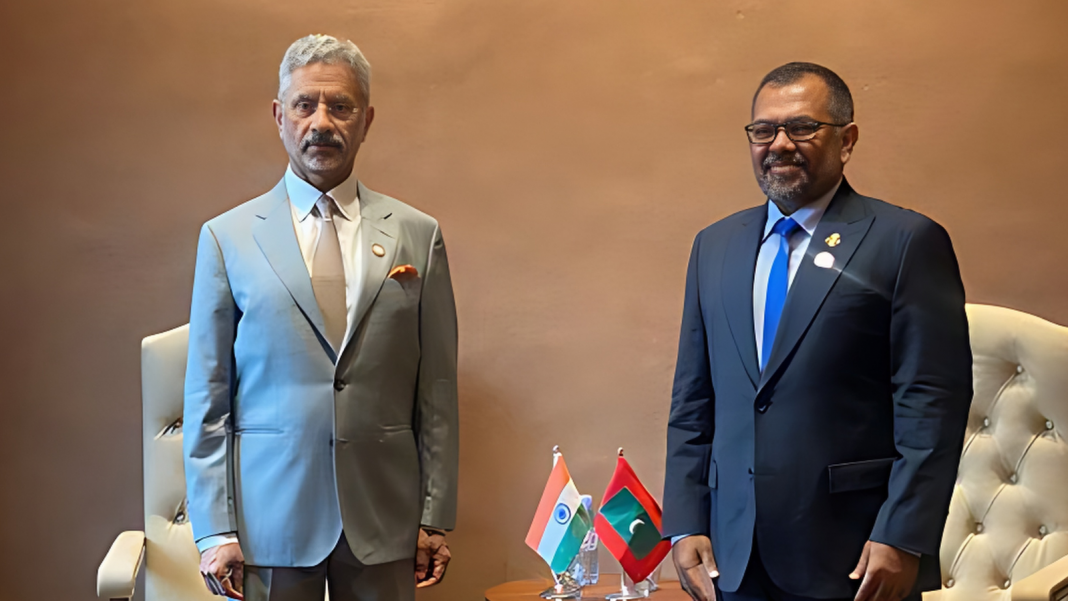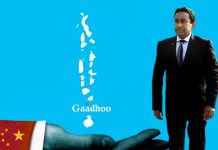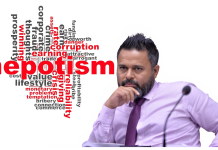In a recent address at the Ananta Aspen Center, Indian External Affairs Minister Dr. S. Jaishankar vehemently refuted accusations of India being labeled as a bully in the South East Asian region. His statement came in response to remarks made by President Muizzu earlier this year, where he asserted that no country has the right to bully the Maldives.
Jaishankar’s rebuttal highlighted India’s substantial support for its neighboring countries during times of crisis, citing examples such as providing financial aid amounting to USD 4.5 billion and supplying vaccines amidst the COVID-19 pandemic. He emphasized that true bullies do not extend such generous gestures to nations in need.
Moreover, Jaishankar underscored India’s evolving relationships with its neighboring countries, pointing out significant improvements in trade, investment, and people-to-people exchanges with Nepal, Bangladesh, Sri Lanka, Bhutan, and even the Maldives. He emphasized the positive strides made in connectivity and cooperation, painting a picture of a mutually beneficial relationship.
Addressing the perceived tension with one specific country, Jaishankar urged for optimism in diplomacy, expressing hope for future reconciliation and cooperation. He urged for a nuanced understanding of India’s relationships with its neighbors, emphasizing the positive developments and the potential for further collaboration.
President Muizzu’s remarks, made in the aftermath of a state visit to China, stirred controversy and speculation, particularly regarding its target. While not explicitly naming India, the remarks were widely interpreted as a veiled reference to the regional power dynamics and the Maldives’ aspirations for greater autonomy.
Jaishankar’s remarks serve as a robust defense of India’s diplomatic engagements in the region, challenging perceptions of India as a bully and emphasizing the country’s commitment to fostering positive relationships with its neighbors. As India continues to navigate complex geopolitical dynamics, dialogue and cooperation remain crucial for promoting stability and prosperity in the South East Asian region.


















